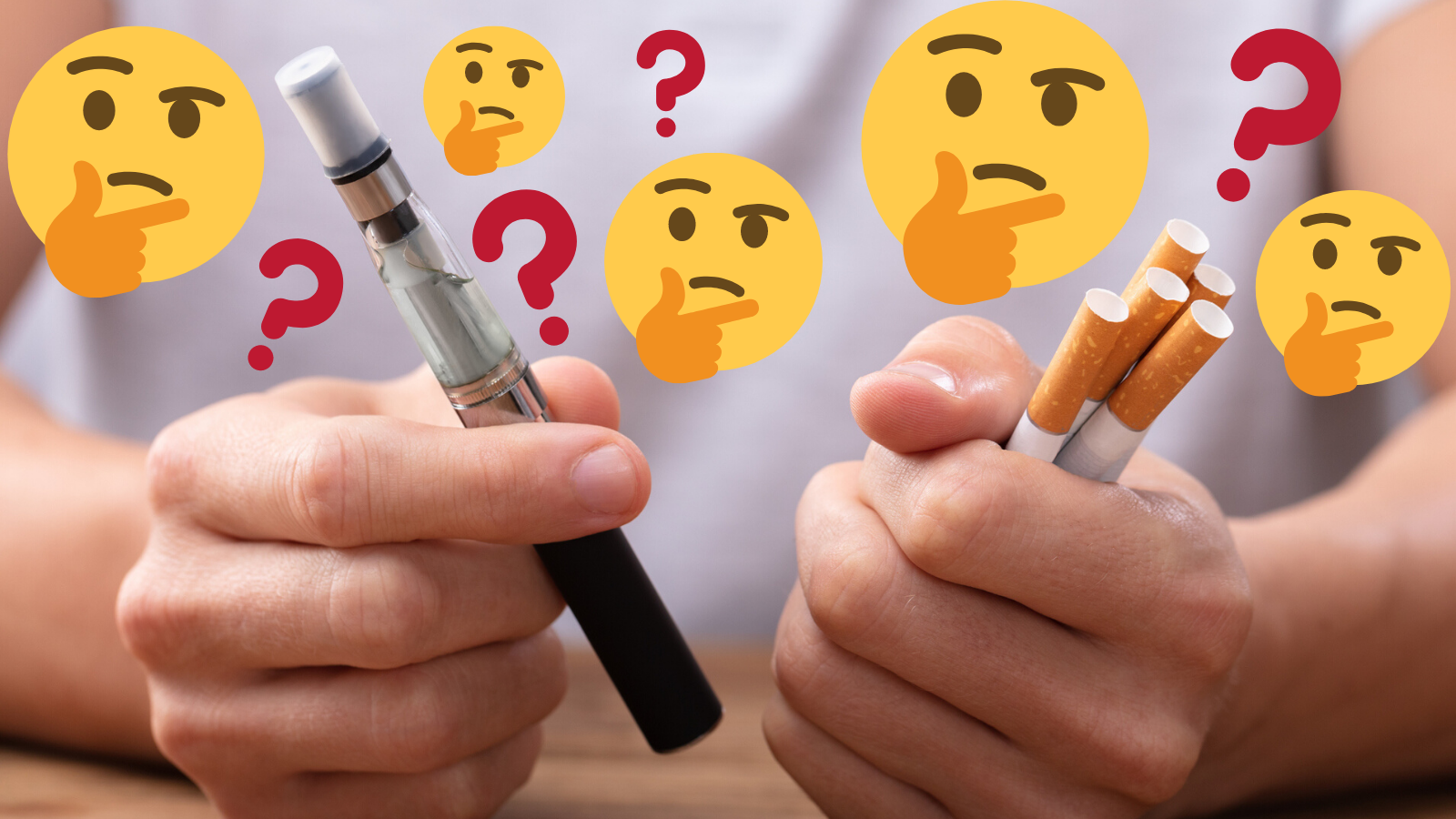Are Anti-Vape Scientists Nerds, or Are Pro-Vape Scientists Shills?

Credit to Author: Hannah Smothers| Date: Fri, 01 Nov 2019 20:10:48 +0000
For the past few months, an increasing number of people have been asking the question, Is vaping… OK for me? It’s a good question, and the answer depends on many factors: Are you using e-cigarettes as a method to quit smoking real cigarettes? Are you an adult? Are you putting THC in your vape? Where are you getting your product from? Et cetera. Per a recent Bloomberg report, there is now a “religious divide” between pro-vape and anti-vape addiction researchers. Until the science on how vaping actually affects health is more clear, medical journals are stuck in the precarious position of essentially playing referee for the entire cultural wave as it crashes against science.
It would be nice if the answer were clear, but it’s unlikely that it will be for a long, long time. At the moment, there just isn’t a ton of data yet on how e-cigarettes might affect human health, long-term. Cigarettes went through similar drama decades ago, which now feels unbelievable, since it’s hard to imagine a time before they were Definitely Bad. But the crucial difference between cigarettes and e-cigs is that the former were never a way to quit another bad thing; it was hard to argue for their relative health benefits in the same way is happening around vapes.
The anti-vape cabal continues to publish studies on how e-cigs produce cancer-causing chemicals; how non-traditionally flavored products (read: mango, fruit, cotton candy, etc.) get more people hooked on nicotine products than non-flavored ones; and how it’s dangerous to have very little knowledge about what’s actually in e-liquid or its components, either the solvents or the flavorings. The pro-vape contingent, meanwhile, is holding a single party line: whatever the evils of e-cigs, they’re not worse than regular cigs. To that effect, researchers who extoll the relative health virtues of vaping submit letters, write independent blog posts, and circulate petitions calling for the retraction of certain so-called “anti-vape” studies, according to Bloomberg. Anti-vape researchers told Bloomberg the pro-vape criticisms are so singular that they feel “organized,” like attacks. The pro-vape researchers, of course, say that isn’t the case. It’s just science v. science.
David Peyton, a chemistry professor at Portland State University, saw first-hand the fervor of pro-vape science after publishing a study in January 2015 that showed e-cigs produce more cancer-causing formaldehyde than traditional cigarettes. As Bloomberg reports, the study was quickly attacked by critics online, many of whom flooded his and his colleagues’ inboxes with “name-calling emails.” One of the loudest and most persistent pro-vape researchers is Konstantinos Farsalinos, a Greek cardiologist, who speaks at conferences and meetings around the world and publishes research and blog posts defending the comparative health value of e-cigarettes, but also takes funding from e-cigarette interests, according to Bloomberg.
It isn’t abnormal for researchers to entrench on two sides of a contentious issue; pesticides and vaccines (lol) are two recent examples. There was also some pretty similar drama earlier this year, when a study declared eating red meat to be probably fine; it turned out the lead researcher on the study failed to disclose former food industry ties, muddying the ethics of an already muddy piece of science.
The pro-vape side isn’t unique in its ties to industry coin, but the personal stakes researchers have is somewhat novel. Of course Farsalinos—a cardiologist in a country with one of the highest worldwide rates of cigarette use, and who used vaping to quit smoking himself—is moved to passionately defend e-cigarettes, while passionately critiquing any science to the contrary. Smoking cigarettes will almost certainly kill you, as it does more than 480,000 people in the United States each year. Aside from the seemingly isolated (probably THC-based) rash of e-cigarette-related lung illnesses that have killed 37 people in the U.S. so far, it’s not clear yet whether e-cigs do the same. Ultimately, to know that, we need science and data. And right now, the scientists involved remain at war with one another about whether to align with a greater good, or condemn a product on its own merits.
This article originally appeared on VICE US.